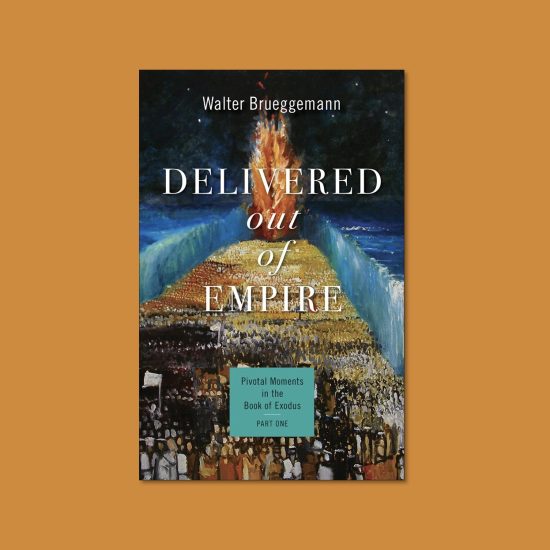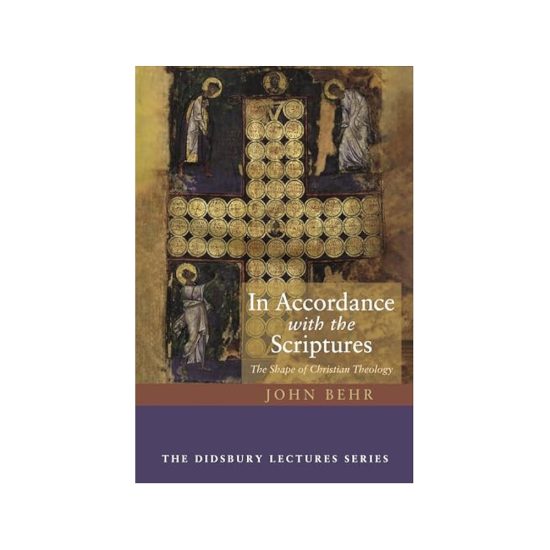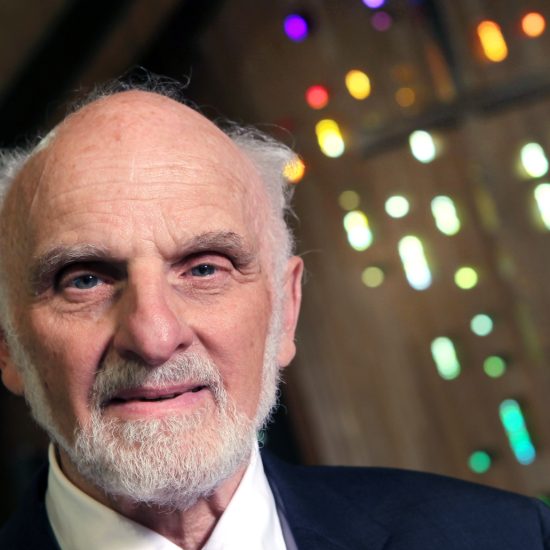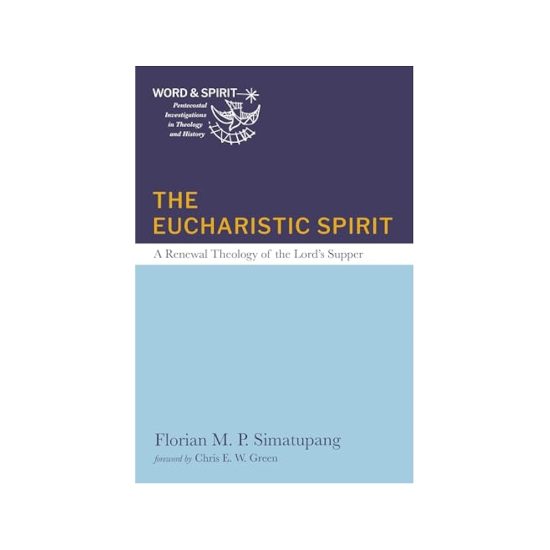John 17:11-23 records Jesus’ fervent prayer that his followers would be united as the Savior and the Father are. Through the disciples’ unity as they were sent out, the world would know God.
Jesus still sends out his followers. Could that mission to reach the world help unite them? Yes and no, according to two theologians.

Children play rigtoss at Bethel Neighborhood Center in Kansas City, Kan. The center offers several services and ministry to immigrants and refugees in the greater metro area. (Central Seminary photo)
|
The testimony of church history with its splits and contention leads Scot McKnight, professor of New Testament at Northern Baptist Seminary, to believe that missions can unite believers on only a limited level.
Jesus wants his followers to have the same unity the Father and Son have. “It is 100 percent mutual indwelling and 100 percent mutual cooperation,” McKnight said. “That kind of unity witnesses to God’s very nature in the world and shocks the world into seeing another way of life and a different order for life.”
The schisms and splits that have followed since the Corinthians took sides (1 Corinthians 1-4) are “a defiling of God’s design for the people of God to be at one with one another,” Knight said.
“Mission together is not the unity. It expresses unity in one area (mission) but it is a weak substitute for the fullness of unity God wants for the church.”
While he agrees divisions have plagued God’s people, Richard Menninger still believes followers should and can make the effort. Serving others and meeting needs can bring Christians together.
Believers are “invited into the circle of the Trinity,” said Menninger, the Andrew B. Martin Distinguished Chair of Religion at Ottawa University. Believers become more like the Trinity — the model of unity — as they draw closer to one another.
“We should be so focused on living for God that the Lordship of Christ should unite us despite our differences,” Menninger said.
The religion professor sees living for Christ “in both word and deed will find us sharing the same purpose as other Christians.” Sharing purpose may lead to working alongside other believers and across denominations and cultures.
“Moreover, if we encounter a pushback from the world, we might find ourselves depending more and more on those of other denominations than we first wanted to,” Menninger said. “To be on the defensive can open our eyes to who our brothers and sisters really are.”
In John 13:34-35, Jesus pointed out that love and unity go hand in hand. “Unity seen in this light requires that agape characterize our words to others and our deeds for others, Menninger explained.
“The dedicated and committed life of Christians, working out the call as the salt and the light, can overcome the schisms that have plagued the church throughout history.”






